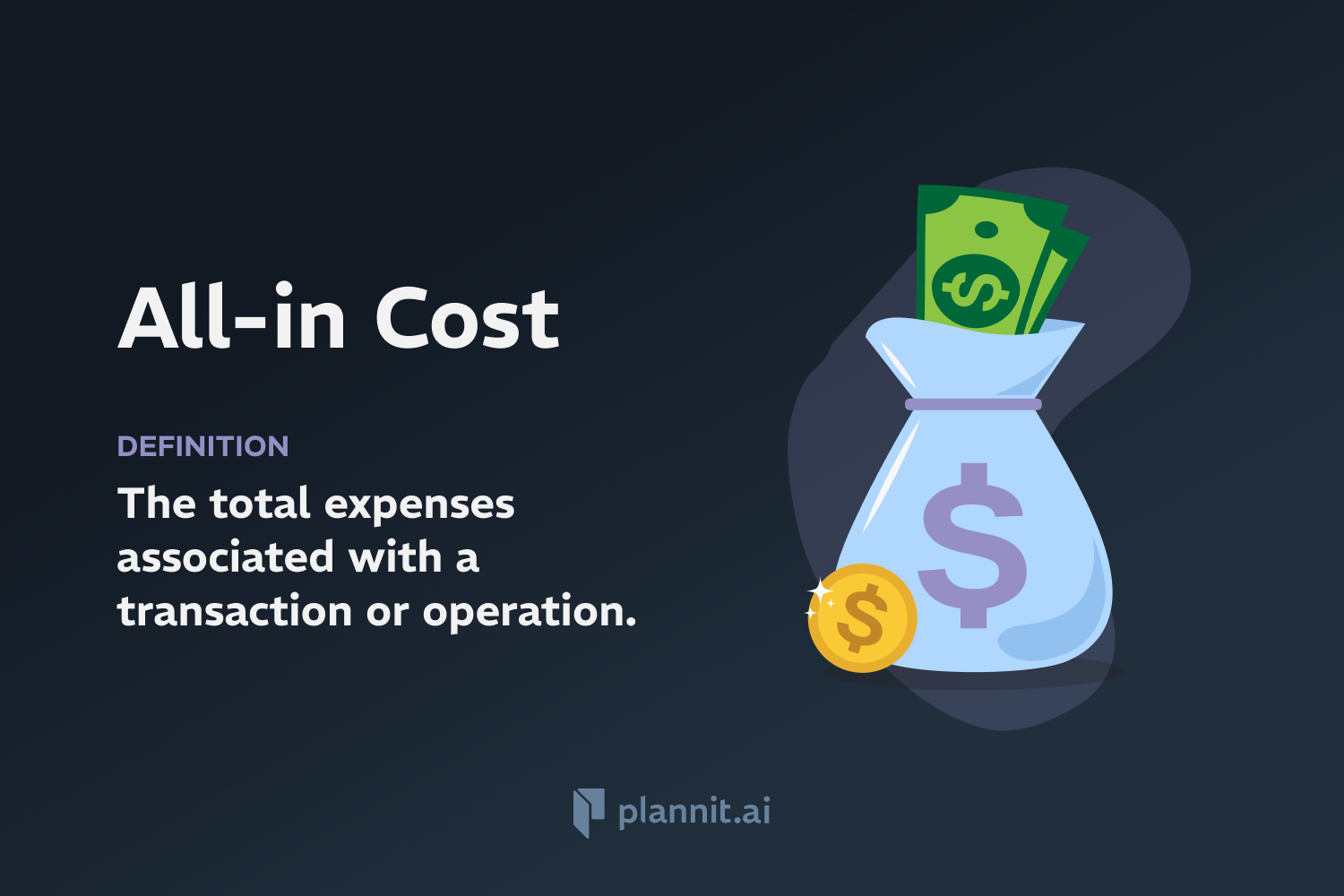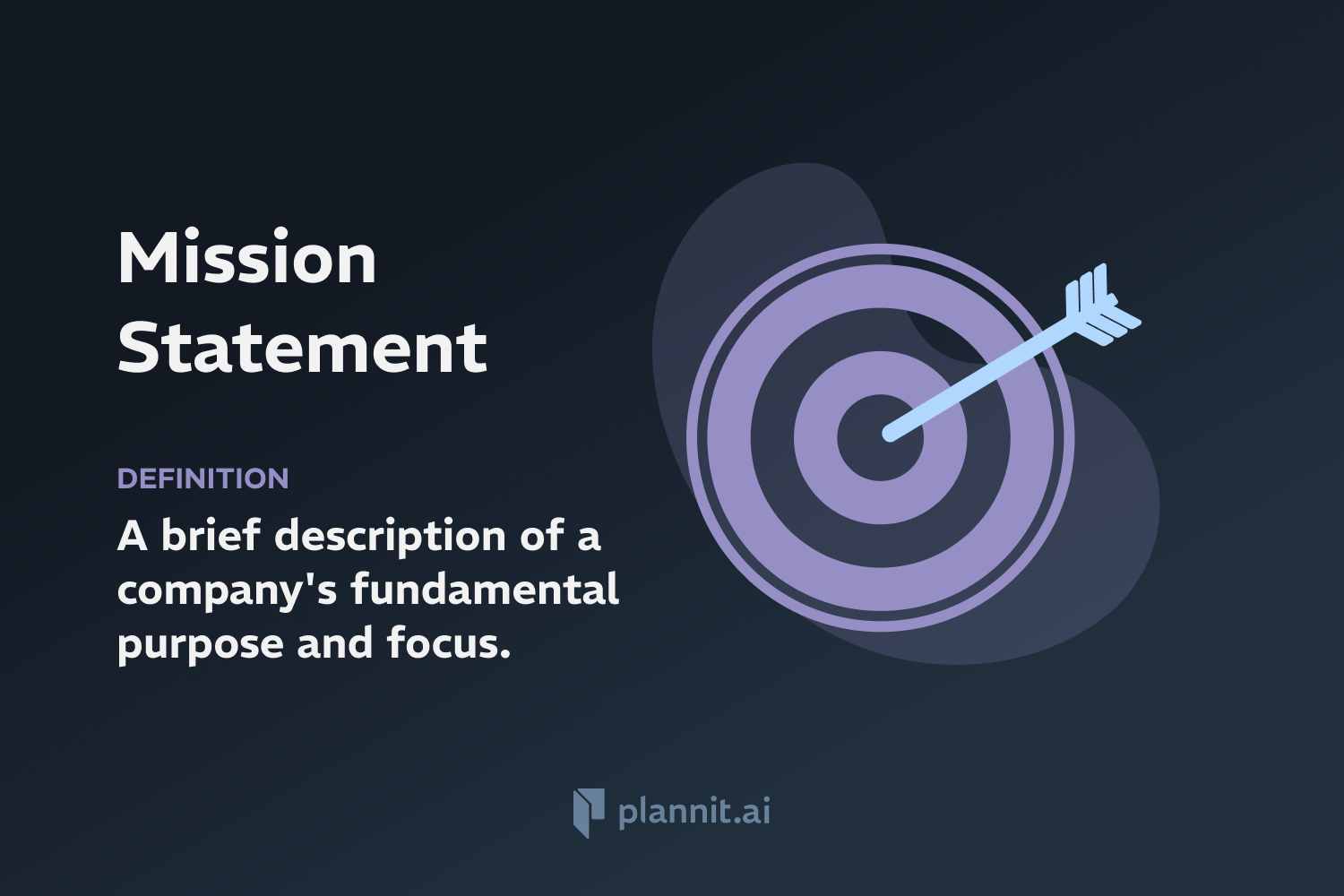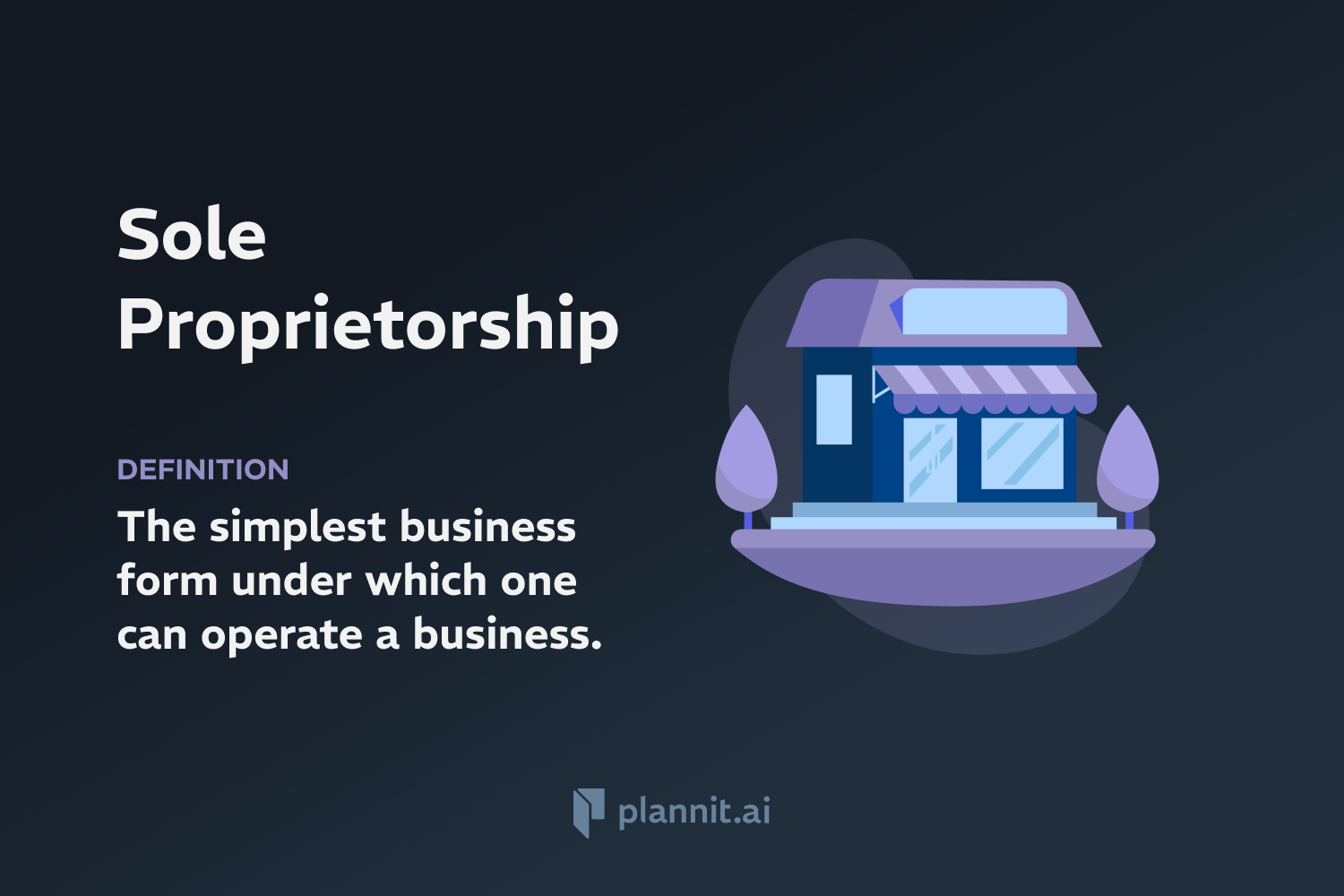Need Help With Your Business Plan?
Answer tailored questions and get a detailed business plan in minutes.
Demand: Definition & In-Depth Explanation
In economics, demand refers to the quantity of a product or service that consumers are willing and able to purchase at various prices during a given period of time. Demand is not merely the desire to buy a product; it also encompasses the purchasing power and willingness to pay.
Purpose:
Understanding demand is crucial for businesses and policymakers as it influences production decisions, pricing strategies, and market planning. Demand analysis helps in forecasting sales, determining market potential, and developing marketing strategies to maximize profitability.
Example:
If the price of coffee decreases, the demand for coffee might increase because consumers will find it more affordable, and those who previously decided against buying coffee due to price might start purchasing it. Conversely, if prices rise, the demand might decrease.
Related Terms:
Supply: The total amount of a specific good or service that is available to consumers. Supply can be influenced by several factors, including the cost of production and the price of the good.
Market Equilibrium: A condition in the market where the quantity demanded by consumers equals the quantity supplied by producers, resulting in an economic balance.
Elasticity: A measure of how much the demand or supply of a product changes in response to a change in price. High elasticity indicates that the demand or supply is sensitive to price changes.
Law of Demand: An economic rule stating that the quantity demanded of a good or service is inversely related to its price, ceteris paribus (all other factors being constant).
FAQs:
How does consumer income affect demand?
Generally, as consumer income increases, the demand for goods and services also increases because consumers have more disposable income to spend. However, demand for inferior goods (goods for which demand decreases as income increases) may decrease.
Can changes in consumer preferences affect demand?
Yes, changes in consumer preferences can significantly affect demand. If a product falls out of favor, its demand will decrease regardless of price changes.
What role does advertising play in shaping demand?
Advertising can influence consumer preferences and perceived needs, potentially increasing demand by creating greater awareness and desirability for a product.
What is the difference between 'change in demand' and 'change in quantity demanded'?
A 'change in demand' refers to a shift in the entire demand curve, caused by factors other than the price of the product, such as changes in consumer income, preferences, or prices of related goods. A 'change in quantity demanded' refers to a movement along the demand curve, resulting from a change in the product's price.
How do expectations about future prices affect current demand?
If consumers expect prices to rise in the future, they may increase their current demand to avoid higher costs later. Conversely, if prices are expected to fall, they might decrease their current demand and wait for lower prices.
Get funding with a business plan that will impress investors.
Starting a New Business?



